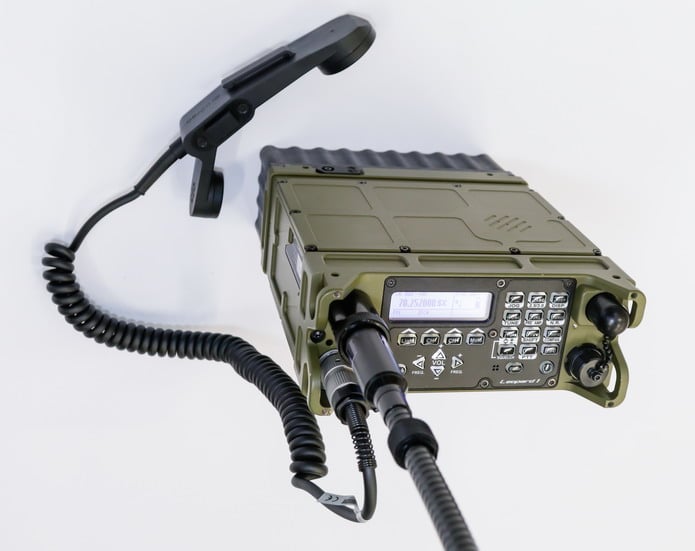
In today's digital age, where streaming services and podcasts dominate the airwaves, it's easy to overlook the profound impact that radio has had on society. From its humble beginnings to its widespread popularity, radio has consistently proven itself as a powerful medium for communication, entertainment, and education. In this blog post, we will delve into the positive effects of radio, exploring its ability to connect communities, disseminate information, and foster cultural exchange.
- Bridging Communities:
Radio has long been a unifying force, bringing people together regardless of geographical boundaries. It serves as a platform for local voices, allowing communities to share their stories, concerns, and achievements. By broadcasting news, events, and discussions, radio facilitates a sense of belonging and solidarity among listeners. It promotes social cohesion, encourages civic engagement, and empowers individuals to participate in shaping their communities. - Disseminating Information:
One of the most significant advantages of radio is its ability to reach remote areas where other forms of media may be inaccessible. In regions with limited internet connectivity or low literacy rates, radio remains a vital source of information. It plays a crucial role in disseminating news, weather updates, emergency alerts, and educational content. Radio's immediacy and simplicity make it an effective tool for reaching diverse audiences, including those who may face barriers to accessing information through other means. - Promoting Education:
Radio has been a game-changer in the field of education, particularly in underserved communities. Through educational programs and broadcasts, it provides a valuable resource for lifelong learning. Radio-based educational initiatives have been successful in improving literacy rates, enhancing language skills, and promoting critical thinking. By offering educational content in an engaging and accessible format, radio empowers individuals to acquire knowledge and develop new skills. - Encouraging Cultural Exchange:
Radio serves as a platform for cultural expression, allowing diverse voices and perspectives to be heard. It promotes cultural exchange by showcasing local music, traditions, and stories. Radio programs dedicated to art, literature, and history foster a deeper understanding and appreciation of different cultures. By breaking down barriers and promoting dialogue, radio contributes to a more inclusive and interconnected global community.
Conclusion:
The positive effects of radio are far-reaching and multifaceted. From connecting communities to disseminating information and promoting education, radio continues to play a vital role in our society. Its ability to bridge gaps, empower individuals, and foster cultural exchange makes it an invaluable medium. As we navigate the digital landscape, let us not forget the transformative power of radio and the immense benefits it brings to individuals and communities alike.
